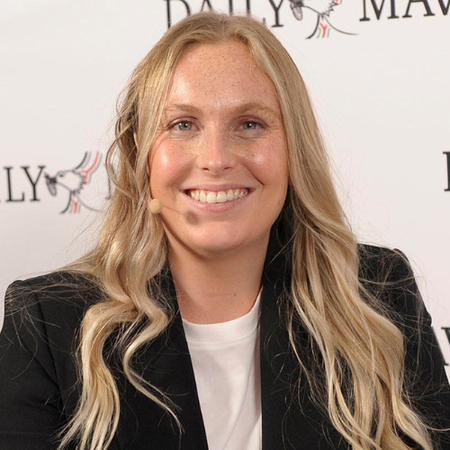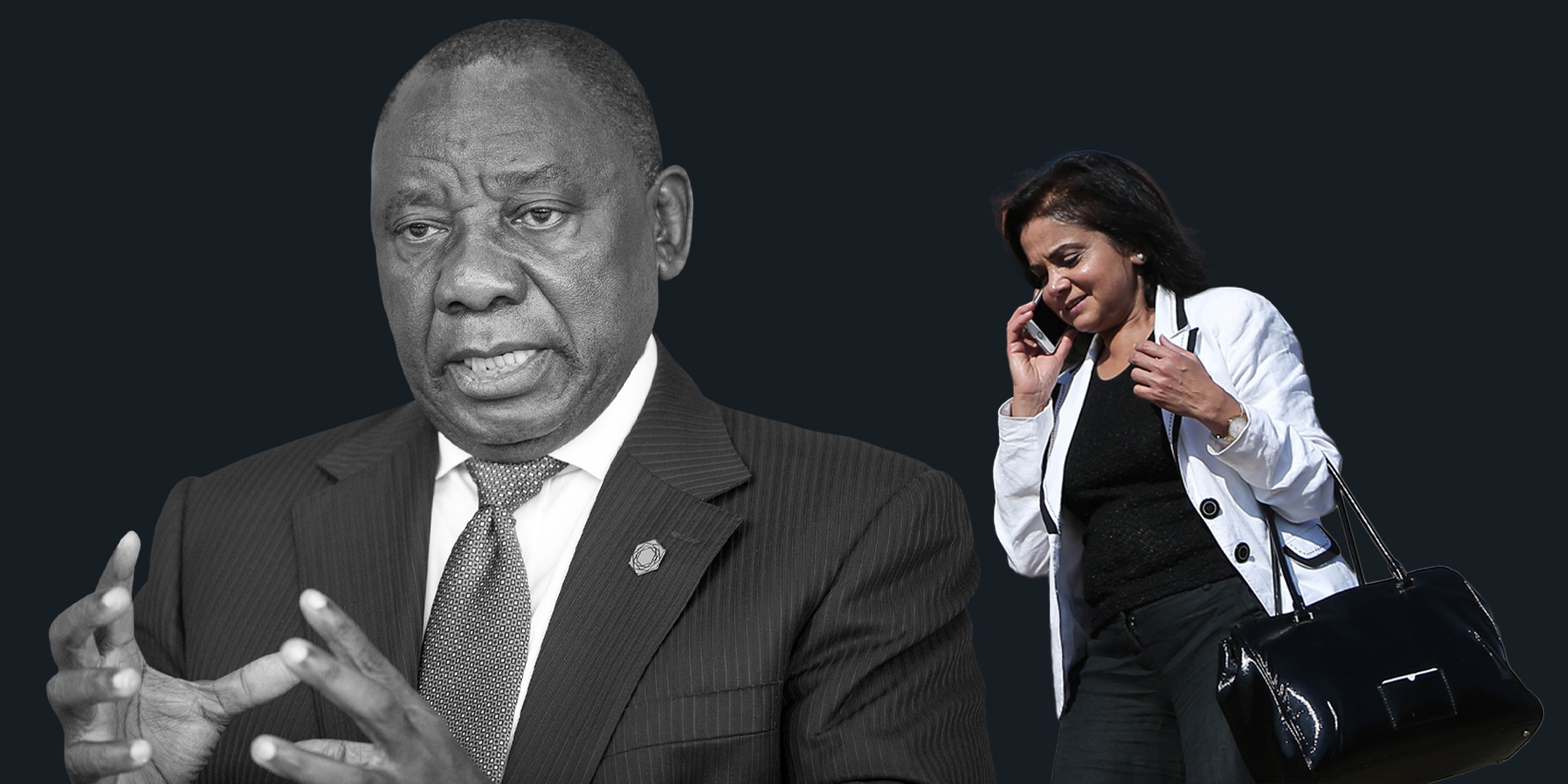President Cyril Ramaphosa has set up the long-awaited panel tasked with finding the person who will fill the top job at the National Prosecuting Authority (NPA).
In a statement on Tuesday night, 7 October, Ramaphosa’s spokesperson, Vincent Magwenya, said South Africa’s new National Director of Public Prosecutions (NDPP) would be chosen through “an open and transparent process that reflects the importance of this vital position in our democracy”.
“President Ramaphosa considers the National Director of Public Prosecutions as a vital position in our democracy that makes an essential contribution to upholding the rule of law and ensuring the efficiency and integrity of law enforcement,” said Magwenya.
Advocate Shamila Batohi, the current head of the NPA, will retire in January 2026.
She has brought a measure of stability to the role after the turmoil of the Jacob Zuma years, Daily Maverick reported. But the structural damage done to the institution during the State Capture years had been hard to reverse.
Read more: Shamila Batohi leaves behind a divided legacy, with search for NPA successor yet to start
Batohi was appointed, as required by the Constitution in section 179(1)(a), by the President in February 2019, following the first-ever public interviews for the position in November 2018. The NDPP has a non-renewable 10-year term in office, according to section 12 of the NPA Act, which sets an age limit of 65.
/file/dailymaverick/wp-content/uploads/2021/10/Oped-Redpath-NPA-TW-option-2.jpg)
According to Magwenya, Ramaphosa has decided to “follow the same open and transparent process” that led to Batohi’s appointment as NDPP.
President @CyrilRamaphosa has established a panel for the selection of the next National Director of Public Prosecutions (NDPP) who will be identified through an open and transparent process that reflects the importance of this vital position in our democracy.…
— The Presidency 🇿🇦 (@PresidencyZA) October 7, 2025
Ramaphosa has appointed the minister of justice and constitutional development, Mmamoloko Kubayi, as the panel’s chairperson.
/file/dailymaverick/wp-content/uploads/2025/09/ED_550105-1.jpg)
The panel comprises leaders of the legal fraternity and Chapter Nine institutions, including:
- The chairperson of the South African Human Rights Commission (SAHRC), Chris Nissen;
- The chairperson of the Commission for Gender Equality, advocate Nthabiseng Sepanya-Mogale;
- The Auditor-General of South Africa (Agsa), Tsakani Maluleke;
- The chairperson of the Public Service Commission, Professor Somadoda Fikeni;
- A representative of the Black Lawyers Association; and
- A representative of the National Association of Democratic Lawyers.
“The NDPP must ensure that the National Prosecuting Authority exercises its functions without fear, favour or prejudice and should not be beholden to any vested interests, whether in politics, in business or elsewhere,” said Magwenya.
“The NDPP needs to be able to take decisions independently and impartially.
“For this reason, the President has mandated the panel to call for nominations through an open and transparent manner, conduct shortlisting, interviews, ensure vetting of suitable candidates, and submit the names of three suitable candidates with a detailed report on suitability of the individuals to the President for consideration.”
Read more: Process to appoint Shamila Batohi’s successor must be handled with great care and expertise
He said the panel was required to hand over its final report with recommendations to Ramaphosa within three months of its appointment.
Batohi appointment process
Ramaphosa initiated the process for Batohi’s appointment after the Constitutional Court in August 2018 ordered the President to appoint a new NDPP within 90 days.
The interviews, which took place over three days in November 2018, focused on the candidates’ independence from political interference, experience and integrity, and how they understood the challenges at the NPA, Daily Maverick reported.
In 2018, the panel, appointed by Ramaphosa and chaired by then Energy Minister Jeff Radebe, comprised:
- The former chairperson of the SAHRC, Bongani Majola;
- The former Agsa, Thembekile Kimi Makwetu;
- Jaap Cilliers from the General Council of the Bar of South Africa;
- Richard Scott of the Law Society of South Africa;
- The late president of the Black Lawyers Association, Lutendo Sigogo;
- Mvuzo Notyesi from the National Association of Democratic Lawyers; and
- Lawrence Manye from Advocates for Transformation.
A ‘positive step’
A senior researcher at the Dullah Omar Institute’s Africa Justice Reform programme, Dr Jean Redpath, told Daily Maverick the appointment of a panel and its transparent selection process was a “positive step”.
“While the appointment of a panel is extremely welcome, as [it] is an open and transparent process, there are some notable changes compared to the previous panel which was convened for the appointment of Shamila Batohi. That panel included a representative of the Law Society of South Africa and the General Council of the Bar of South Africa. Both of these have been omitted.
“The legal profession is accordingly represented by the Black Lawyers Association and the National Association of Democratic Lawyers, both of which have historical and current links with the ANC. It is unclear why the broader profession has been omitted. The remainder of the members are the same positions, if not the same persons as previously designated,” claimed Redpath.
The Black Lawyers Association and the National Association of Democratic Lawyers are led by Nkosana Francois Mvundlela and Mvuzo Notyesi, respectively.
Read more: Appointment of a NDPP – culture of accountability is crucial to developing a decent caring society
According to Redpath, the changed composition of the panel could suggest that Kubayi has a candidate in mind, “and may want to reduce the risk of that candidate not being appointed, by removing the panellists who might come from a different point of view or prefer a different candidate”. DM





 President Cyril Ramaphosa. (Photos: Waldo Swiegers / Simon Dawson / Bloomberg via Getty Images) | Shamila Batohi. (Photo: Alistair Russell / Gallo Images / Sunday Times)
President Cyril Ramaphosa. (Photos: Waldo Swiegers / Simon Dawson / Bloomberg via Getty Images) | Shamila Batohi. (Photo: Alistair Russell / Gallo Images / Sunday Times)